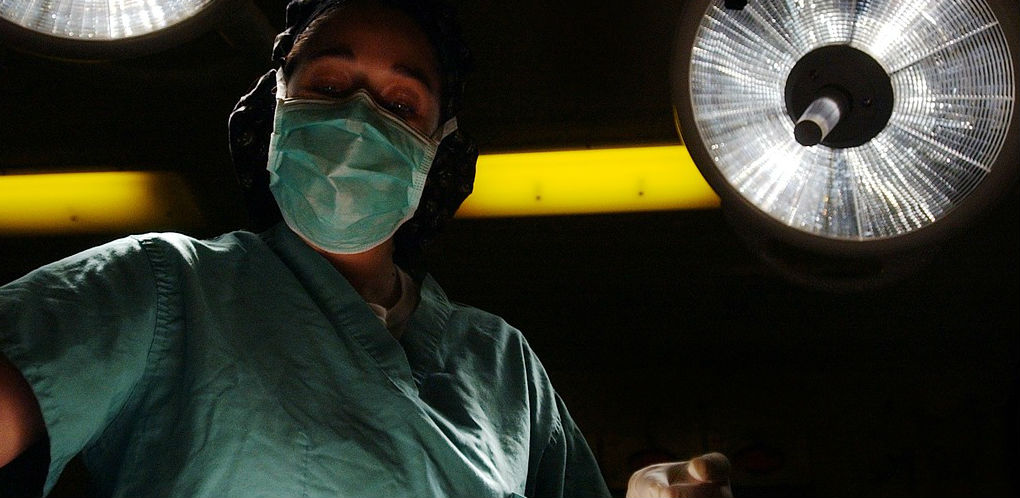
When something goes wrong in surgery and the unthinkable occurs – such as the patient dying - chances are it is due to a mistake made by someone on the surgical team.
The results of a new survey recently published online by JAMA Network Open (“Analysis of Human Performance Deficiencies Associated with Surgical Adverse Events”) show that more than half of surgical adverse events are the result of human error.
Researchers reviewed the records of 5,365 patients who underwent surgery over a six-month period and found that 182 patients suffered an adverse event during the procedure. Another six people suffered serious complications in treatment before or following the operation.
And the researchers determined that 56.4 percent of these adverse events were caused by human error.
The study included three hospitals and the adverse events were about the same in all three, regardless of the type of surgery. These operations included acute care, cardiothoracic, vascular and general surgery.
Types of Surgical Adverse Events Caused by Human Error
The adverse events suffered by the surgical patients included:
· Death
· Unexpected bleeding or transfusion
· Cardiac arrest
· Neurological damage
And the researchers classified the human errors into five categories:
· Execution
· Planning or problem solving
· Communication
· Teamwork
· Rules Violations
The most common type of error made by the surgical team was related to the execution of the surgical teams. Bad planning or problem solving were linked to about 30 percent of the surgical harm, and nearly 13 percent were caused by poor communication.
Surgeons’ Cognitive Errors that Lead to Patient Harm
Researchers drilled down even further into these categories and found that just over half of the mistakes were attributed to cognitive errors. These type of serious surgical errors included lapses of memory, failure to recognize a problem, or lack of attention to a situation.
These mental mistakes were made during the execution of an operation as well as planning for the procedure or solving a problem relating to surgery.
Even more worrisome, researchers found that nearly half of the surgical errors were attributed to one type of human error, meaning the other half were the result of several human mistakes made during treatment. Most of the surgical adverse events with numerous human causes included mistakes in execution plus cognitive errors, such as lack of attention or lack of recognition.
To help address the problem of preventable surgical adverse events, the researchers suggest that hospitals include more training on the cognitive skills of surgeons and their surgery team members.
While this study was limited to three hospitals over half of a year, the researchers project that 400,000 preventable surgical adverse events that are caused by human error occur each year in the United States.
You or a family member may be among those hundreds of thousands of people who suffered preventable harm from mistakes made during surgery. If you experienced serious injuries or you lost a loved one during a surgical procedure or following the operation, speak with a medical malpractice attorney, who can conduct a thorough investigation on your behalf.
The choice of a lawyer is an important decision that should not be based solely on advertisements.
Authored by Gray Ritter Graham, posted in Blog August 13, 2019

 RSS Feed
RSS Feed